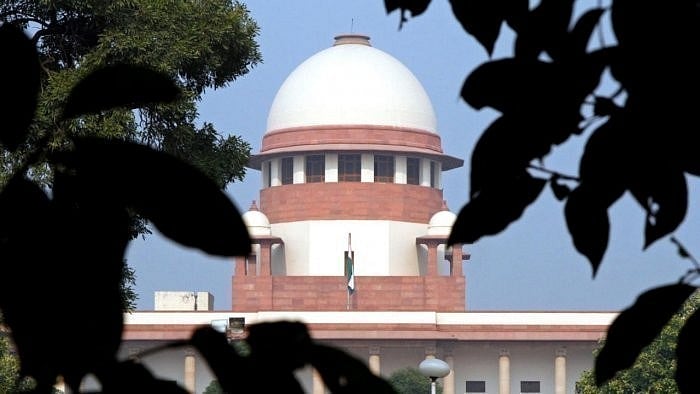
The Supreme Court of India.
Credit: PTI File Photo
With the Supreme Court suggesting ways to modernise the country’s land records and registration system, the government has an opportunity to spearhead an important reform. The apex court has underlined reliability, transparency, and efficiency in land dealings and suggested the use of blockchain technology towards meeting these objectives. It has sought an examination of the proposal by the Law Commission, probably because most of the land-related issues are pegged to legal provisions. Hearing a case from Bihar where legal stipulations prevented a land-owner from selling his asset, the Court struck down certain provisions in the Bihar registration rules. These provisions had made property registration conditional upon land mutation, restricted the owner’s freedom to sell the property, and empowered authorities to refuse registration. The Court used the case to highlight the deeper “structural” flaws in the land administration system.
Property ownership and transfer in India, the Court noted, are still governed by colonial-era statutes such as the Transfer of Property Act, 1882, the Indian Stamp Act, 1899, and the Registration Act, 1908, which rely on the registration of documents rather than titles. This creates a “dichotomy between registration and ownership” and, by providing only presumptive ownership, places a “substantial burden” on the buyer to manually verify title ownership histories. The Court recommended blockchain technology, which would replace the existing system with a distributed digital ledger to record all transactions of property, as a potential solution. This shift will help create a clear digital record of all individual transactions and updates, reducing the scope for fraud in the form of illegal claims, unauthorised sales, duplicate ownership, and undisclosed liabilities such as loans and mortgages. Blockchain technology can be made part of the Digital India Land Records Modernisation Programme.
This is not the first time that a call for reform in the land records and registration system has been made. The system has been plagued by issues that call for measures beyond incremental corrections. It is for the legal experts and technologists to study the suggestion. Land disputes account for about 66% of civil cases filed in the country. They cause wastage of money and delay judicial processes. Clear land records and easy procedures are essential for business and the economy. India’s ranking is 154 among 190 countries in ease of registering property. Complicated procedures and the lack of clarity in land records also continue to be a major source of corruption. An overhaul is imperative; the onus is on the government to consider the proposal with the intent it demands.
